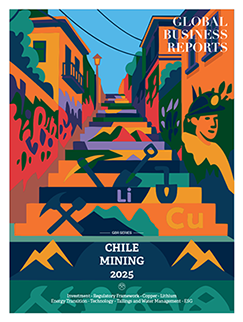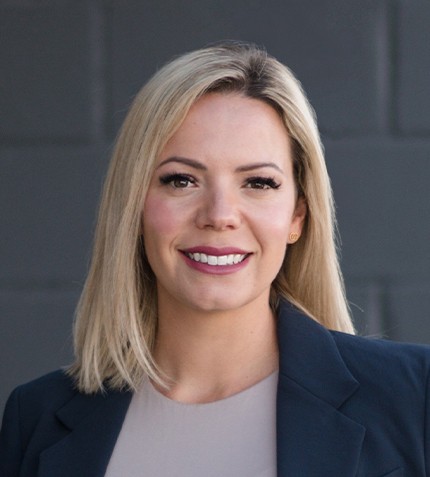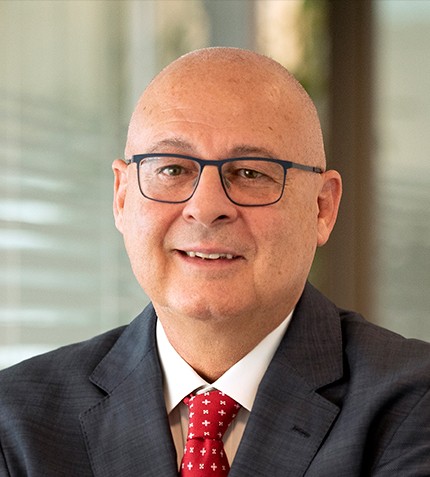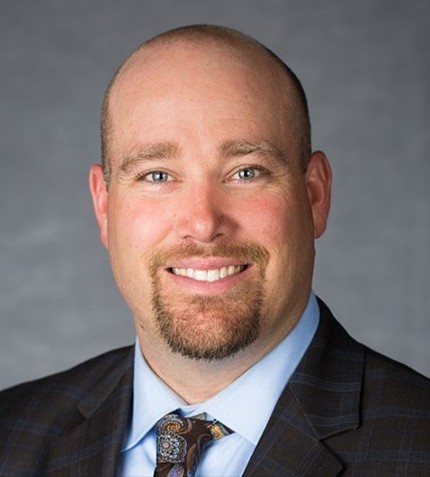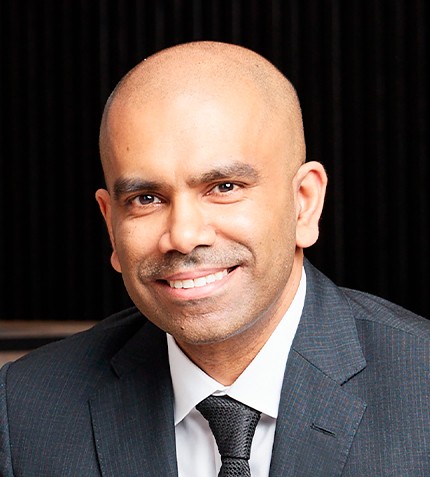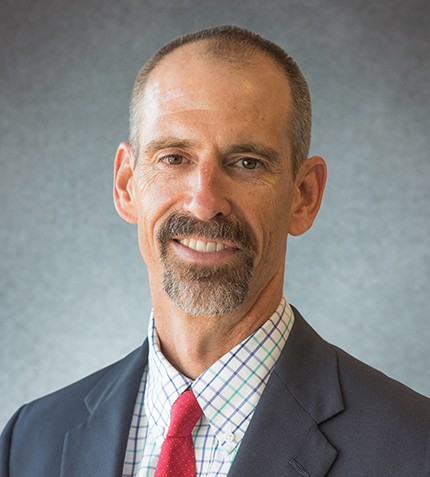
"The challenge for Chile will be to find ways to streamline and expedite the permitting process without compromising environmental standards."
RELATED PUBLICATION
Joshua Olmsted
PRESIDENT AND COO, FREEPORT-MCMORAN AMERICAS
Can you give us an update on Freeport-McMoRan’s developments from El Abra over the past year?
We have increased production at El Abra year-on-year and remain focused on every opportunity to produce additional copper. We are working on a couple of major projects at the site, including building a new leaching stockpile, which has received the required environmental permits, to sustain our crushed leach operations. We are also looking at several ways to enhance the site to secure its long-term future.
How will the proposed US$7.5 billion investment improve operations at El Abra?
Since its inception in the late 1990s, El Abra has been a leaching and hydrometallurgical operation. We discovered a significant sulfide resource there about a decade ago and have spent time trying to scope the size of the resource. We are now looking to add milling operations and are in the process of defining the specifics of this. We aim to take El Abra from about 100,000 t/y to closer to 350,000 t/y.
What is your view of Chile’s role as the leading copper producer as the demand increases?
Chile has the potential to continue to be a global leader. The US$83 billion of projected investment by 2033 does come with challenges, as the timeline may not be feasible given all of the processes required to bring projects to fruition. The challenge for Chile will be to find ways to streamline and expedite the permitting process without compromising environmental standards.
What are some of Freeport-McMoRan's ESG initiatives in Chile?
It is important to recognize that mining has a far-reaching impact, and the question we ask is how we can be a good neighbour and foster sustainable development where we operate. El Abra supports dozens of programs each year that range from a cookbook that features the culinary heritage of the high Andes to a launderette that services the El Abra operations and solar panels to power irrigation systems for local farmers. Ongoing community engagement is also key, where we work together to find win-win opportunities.
How will Freeport-McMoRan look to implement technology into El Abra?
We have started to implement autonomous fleets at our sites in the US, and this will open the door for discussions about what is next at El Abra in terms of technology. As we look at any project in our portfolio, the company must think about incorporating technology and innovation to become more competitive going forward. Historically, all of our operations in the Americas have been relatively low-grade, so we need to do whatever we can to ensure maximum efficiency.
What are some of the challenges affecting copper mines in Chile, and how is Freeport-McMoRan looking to overcome these?
Declining ore grades are a challenge, but this is relative to each particular project. This drives up your unit mining cost and can greatly affect the economics of a project. Another challenge in Chile is access to water, and this has led us to look at desalination rather than using freshwater at El Abra. This increases capital requirements and operating costs, putting more pressure again on unit cost. General costs also have increased due to the global inflationary pressures.
Community expectations around sustainability, transparency, and shared value are higher than ever and look very different in each country and community. This can be challenging to navigate, which is why we focus on ongoing stakeholder engagement.
How does Freeport-McMoRan ensure the retention and attraction of skilled workers?
We work with local communities through indigenous scholarship programs to help facilitate education and self-development. The most important factor, however, is the culture that we have as a company, which is something that attracts workers from day one. This is then passed along by word of mouth through communities and families, making Freeport-McMoRan one of the most attractive mining companies to work for in the world.
What are your plans for Freeport-McMoRan over the next year, particularly at El Abra?
Strategically, we are looking to get all our permits ready by the end of 2025 so we can move forward with the projects in Chile. On a global basis, we continue to look for opportunities to develop our brownfield portfolio and work to improve efficiencies, increase production, and increase mine life at our operations.




